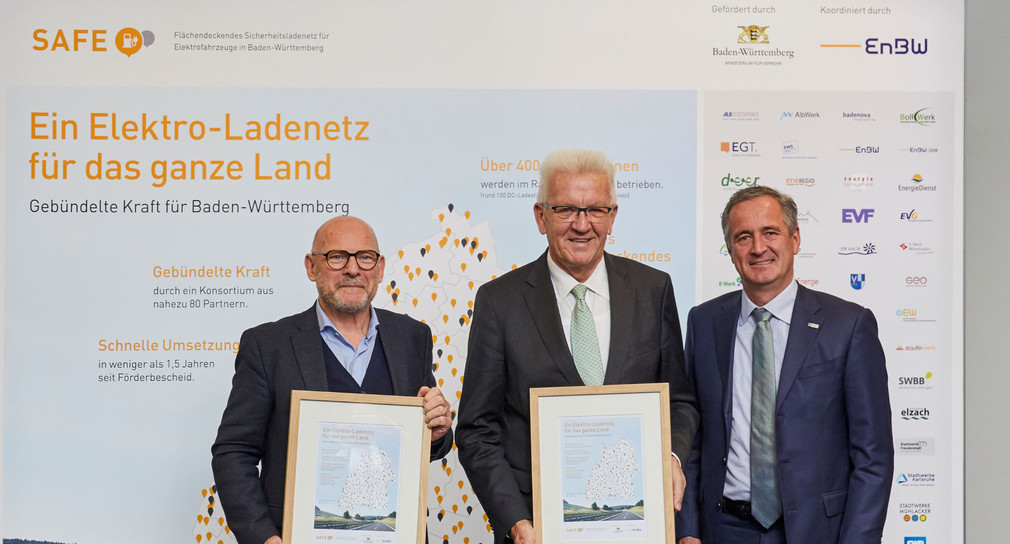Researchers at DIW Berlin have developed the "Ampel-Monitor Energiewende" - monitor the extent to which the government's energy policy agenda is being implemented - immense efforts are needed to close the gap between the announced targets and the current status quo
If the German government wants to achieve its energy policy goals, it must step up the pace. There are particularly large gaps between the current development and the targets for green hydrogen, electromobility and renewable heat, as the "Ampel-Monitor Energiewende" of the German Institute for Economic Research (DIW Berlin) shows. DIW researchers developed the monitor to track the progress of the energy transition towards climate neutrality using 15 indicators. The monitor, which is based on open data, accompanies progress on the government's goals with a focus on the period up to 2030. Selected results are now available on the DIW Berlin website (https://www.diw.de/ampel-monitor) are provided in the form of interactive graphics and short analyses and are updated regularly. All indicators and the underlying data can also be found open source on the Open Energy Tracker platform (https://openenergytracker.org).
"Our traffic light monitor makes it clear: the current pace of the energy transition is far too slow to achieve the 2030 targets," says DIW energy economist Wolf-Peter Schill, co-initiator of the monitor, which is presented in a study today. "If the government does not want to fall behind its target path, it must implement concrete and far-reaching steps promptly."

The pace of photovoltaic expansion must be tripled
The monitor shows: If the government wants to achieve its photovoltaic targets by 2030, it will have to triple the pace of expansion compared to the trend of the past twelve months, and even quadruple it for onshore wind power. At the current rate, the targets would clearly be missed. This would also make it impossible to achieve the coalition's goal of increasing the share of renewable energies in electricity consumption from the current 42 percent to 80 percent in 2030.
There is also a large gap in renewable heat, for which a share of renewable energies of 50 percent is envisaged in 2030. For this to happen, the share must grow by almost four percentage points per year - although it has not even increased by three percentage points since 2012.
"The Federal Government's to-do list is still long. The energy policy goals that have been set are not self-fulfilling; development must gain momentum in all areas." Alexander Roth
E-car fleet still growing very slowly - charging infrastructure inadequate
If the coalition's goal of increasing the e-car fleet to 15 million vehicles by 2030 is to be achieved, an average of around 130,000 vehicles must be registered in Germany every month. In addition to the existing purchase premiums, the EU ban on combustion engines, which is currently being voted on, could certainly contribute to more electromobility," explains study author Adeline Guéret.
According to the Monitor's data, the charging infrastructure must increase even more if the target is not to be missed. Instead of the current 1200 charging points per month, 8,700 would have to go into operation - around seven times as many.
From practically zero to ten gigawatts in green hydrogen
Most needs to happen with green hydrogen, as the traffic light monitor shows: The electrolysis capacity of around ten gigawatts in 2030 targeted in the coalition agreement still seems a long way off, given an electrical capacity of around 60 megawatts at the end of last year.
"With its open and constantly updated energy data, our traffic light monitor makes an important contribution to an informed and fact-based energy policy debate," concludes study author Alexander Roth. "It shows that the German government still has a long to-do list. The goals set are not self-fulfilling; development must gain momentum in all areas."
Source: DIW press release dated 6 July 2022
Keywords: DE-News, Renewable, Climate protection, PV, Environmental policy, eMobility




